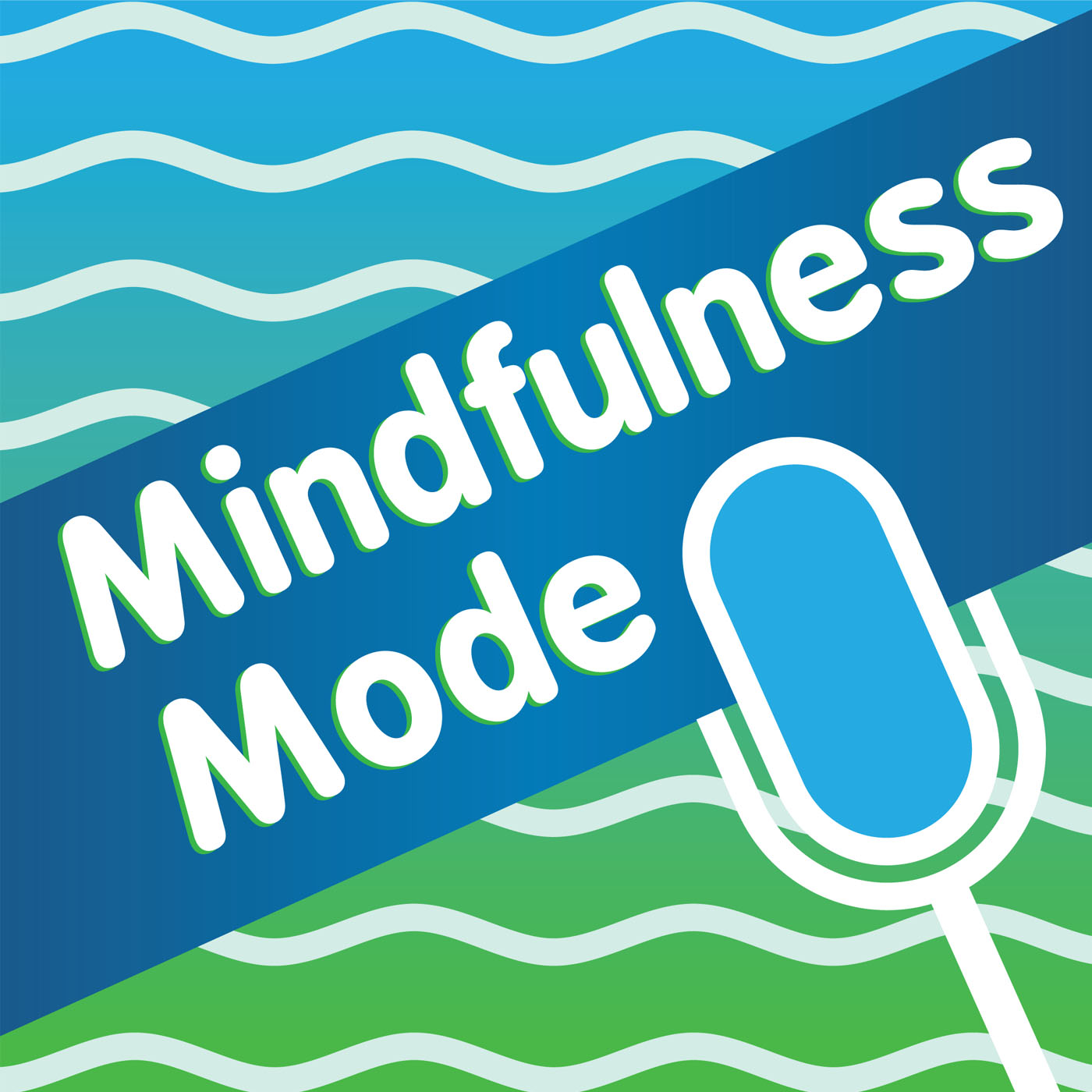
Mark Gober is an author whose worldview was turned upside down in late 2016 when he was exposed to world-changing science. After researching extensively, he wrote An End to Upside Down Thinking to introduce the general public to these cutting-edge ideas – all in an effort to encourage a much-needed global shift in scientific and existential thinking. Mark is a senior member of Sherpa Technology Group, a firm that advises businesses on mergers & acquisitions and strategy. He previously worked as an investment banking analyst in New York. Mark has been quoted for his opinions on business and technology matters in Bloomberg Businessweek and elsewhere, and he has authored internationally published business articles. He graduated magna cum laude from Princeton University, where he was captain of the tennis team.
Listen & Subscribe on:
iTunes / Stitcher / Podbean / Overcast / Spotify
Contact Info
- Website: MarkGober.com
- Twitter: @MarkGoberAuthor
- Podcast: Coming Soon Details at: https://markgober.com/podcast/
- Book: An End To Upside Down Thinking: Dispelling The Myth That Brain Produces Consciousness and the Implications For Everyday Life by Mark Gober
Most Influential Person
- Dr. Dean Radin www.deanradin.com
- Dr. David Hawkins www.spiritualteachers.org/david-hawkins
Effect on Emotions
- I probably am a bit more easy going than I used to be, because I view now this life has just being almost like a temporary stop of consciousness.
- So if that's true, I think I still take things seriously, but there is this fall back of understanding. There's a much bigger picture going on beyond whatever small problems I have on a daily basis.
- So I think it's really helped me rethink things that might have stressed me out or caused anxiety.
Thoughts on Breathing
- I'm much more open now to the effects of breathing, especially after seeing things like holotropic breath work, which is basically a way of inducing a psychedelic state. I haven't experienced it, but it's often talked about.
- Also, the Wim Hoff method (www.WimHofMethod.com), that's something where, I think, everyone who does it experiences an altered state of consciousness by over-oxygenating the brain, effectively.
- You breath heavily in and then you let the breath go, so you end up netting in more oxygen than you're letting out. And when you do that for a long time and then hold your breath, like he suggests, it's almost like a state of euphoria just from breathing.
Suggested Resources
- Book: Letting Go: The Pathway of Surrender by David R. Hawkins
- Book: An End To Upside Down Thinking: Dispelling The Myth That Brain Produces Consciousness and the Implications For Everyday Life by Mark Gober
- App: Headspace
Mindfulness Offer









